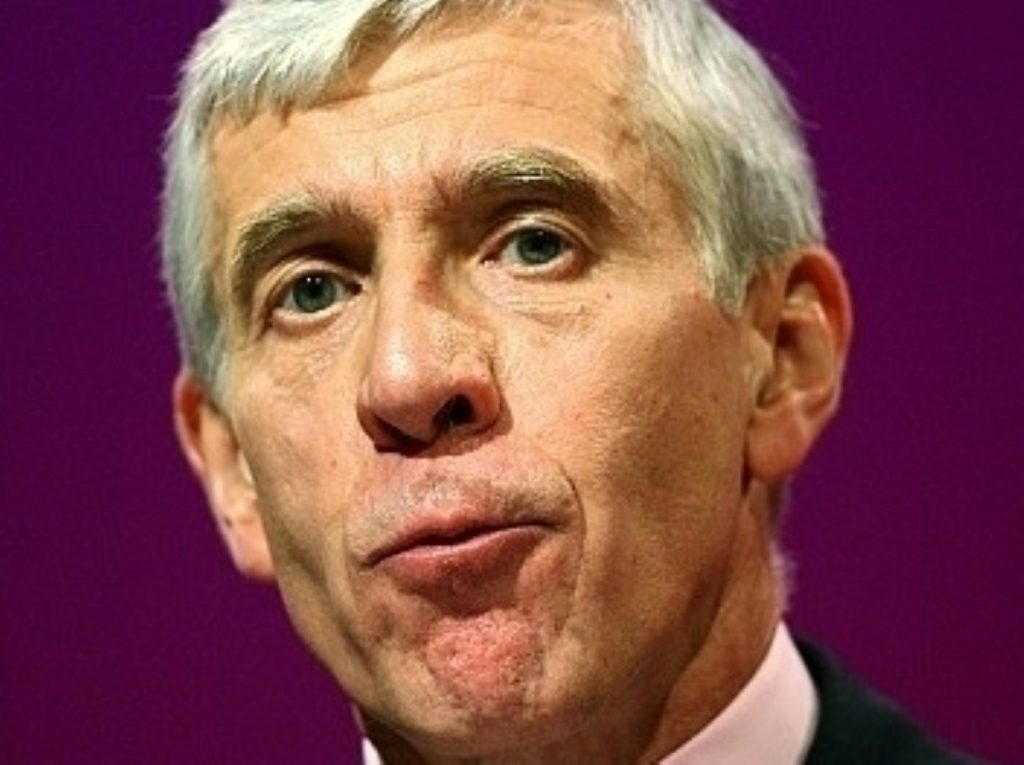Straw rejects US Senate demands
By Ian Dunt
Jack Straw has refused to appear before a US Senate committee to answer questions about the release of Abdelbaset Ali Mohmed al-Megrahi.
The former justice secretary said it was “highly unusual” for the legislature of one country to launch an investigation into the activities of another.
Scottish justice secretary Kenny MacAskill also rejected the invitation.


“I saw no papers about it, and was not consulted about it. Indeed I was on holiday at the time and only learnt about it from an item on the BBC News website,” Mr Straw said.
“I believe that Mr MacAskill has confirmed that the decision was one taken entirely on medical grounds, without involvement from the UK government, and without pressures from BP.”
The Scottish government is refusing to send anyone to give evidence, with first minister Alex Salmond writing an open letter to the committee ruling out any appearances from his minister or former ministers.
The furore over whether BP lobbied to have Megrahi released as part of a prisoner transfer agreement with Libya shows no sign of abating across the Atlantic.
BP chief executive Tony Hayward and the former MI6 agent Sir Mark Allen, an advisor to BP, will be appearing before the committee next week.
In his letter to former presidential candidate John Kerry, now chairman of the committee, Mr Salmond wrote: “I am aware that the US government and many relatives of those who died, particularly in the US, profoundly disagree with the Scottish government’s decision to release Al-Megrahi on compassionate grounds.
“I do not expect anything I say will change that but I do think it is important to put on record the background to that decision and reassure you that it was made with integrity and following a clear legal process. I hope that my doing so will assist the committee.”
David Cameron faced serious questions about the issue during his first trip to Washington as prime minister this week, but his vocal opposition to the decision while opposition leader meant he was spared much of the American anger over the decision.












